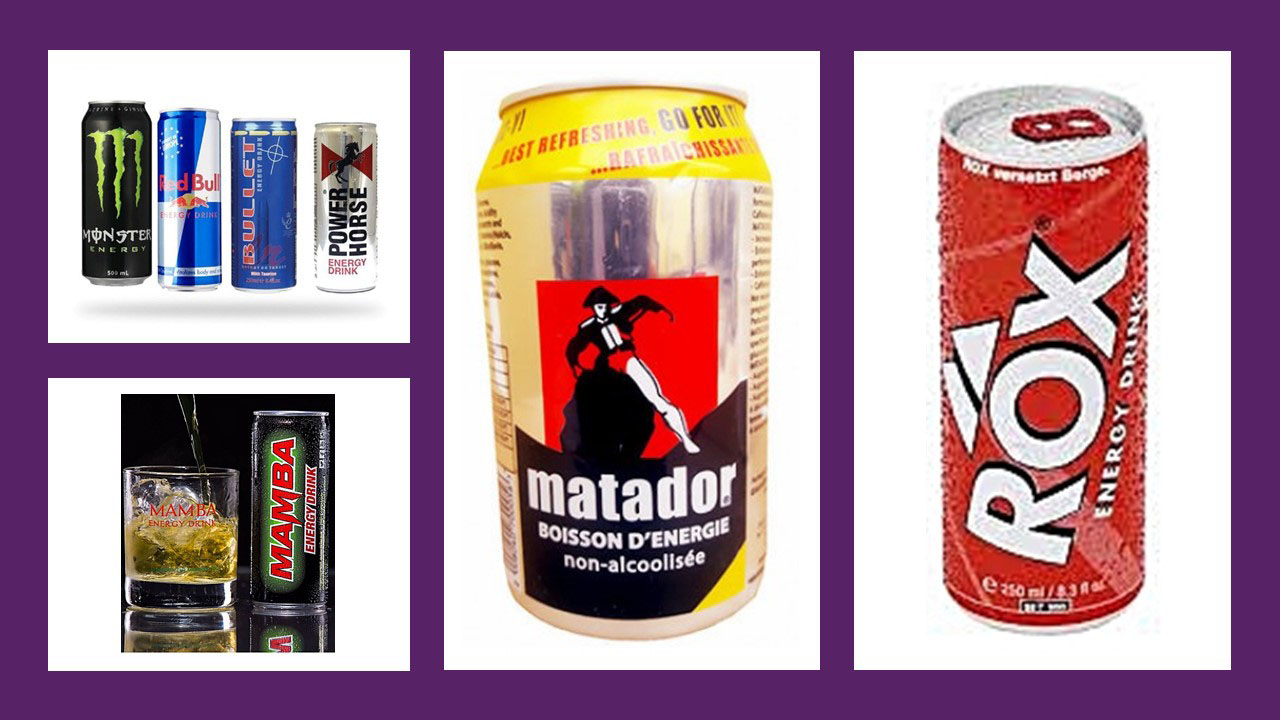Energy drinks significantly prolong the QTc interval and are associated with an increase in blood pressure, according to a study published online May 29 in the Journal of the American Heart Association.
Energy drinks are commonly promoted as supplements that can boost performance and cognition but have also been reported to have numerous detrimental side effects, particularly cardiovascular and neurological in nature. Their consumption has been associated with cardiac arrest, myocardial infarction, spontaneous coronary dissection, and coronary vasospasm. They have been linked to an increase in emergency room visits and deaths.
The study aims to determine the impact of energy drinks on electrocardiographic and hemodynamic parameters in young healthy volunteers.
Sachin A. Shah, Pharm.D., from the University of the Pacific in Stockton, California, and colleagues randomly assigned 34 healthy volunteers (age, 22.1 ± 3.0 years) to 32 ounces of energy drink A, energy drink B, or placebo on three study days with a six-day washout period in between. At baseline and every 30 minutes for 240 minutes, the authors assessed the primary endpoint of the QTc interval and the secondary endpoints of the QT interval, PR interval, QRS interval, heart rate, and brachial and central blood pressures.
The researchers found that the maximum change from baseline in Bazett’s corrected QT interval was 17.9 ± 13.9 ms, 19.6 ± 15.8 ms, and 11.9 ±11.2 ms for drink A, drink B, and placebo, respectively. Compared with placebo, the maximum changes from baseline in peripheral and central systolic and diastolic blood pressure were statistically significantly different, with significantly higher systolic blood pressure changes with drinks A and B versus placebo.
“The public should be aware of the impact of energy drinks on their body, especially if they have other underlying health conditions,” Shah said in a statement.
In Nigeria, commonly available energy drinks include Monster, MAMBA, Matador, Power Horse, Red Bull, Bullet, Fearless, Lacoco, Rox, etc.
Conclusions
Caffeinated energy drinks significantly prolong the QTc interval and raise brachial and central blood pressure post‐acute exposure. Further investigation is warranted on whether an individual ingredient or a unique combination leads to the observed electrophysiological and hemodynamic changes. The impact of long‐term energy drinks consumption remains unknown.
ADDENDUM
Caffeine meter
- 8 oz (240 mL) brewed coffee has about 133 mg caffeine (range: 102-200 mg)
- 8 oz (240 mL) instant coffee has about 93 mg caffeine (range: 27-173 mg)
- 8 oz (240 mL) tea has about 53 mg caffeine (range: 40-120 mg)
- A 12 oz or 355 mL can of Cola beverage (regular or diet) has about 35-50 mg caffeine
- The amount of caffeine in energy drinks varies widely. 8 oz (240 mL) of Red Bull or Monster energy drink contains 80 mg caffeine.
- Sports drinks do NOT usually contain caffeine. Herbal teas, decaffeinated drinks are caffeine free.
- OTC medicines are another source of caffeine e.g., 1 tablet of Paracetamol plus Caffeine contains about 60 mg caffeine
- Recommended maximum caffeine intake for adult is 400 mg/day (from all sources)
- Children under 12 should not exceed 2.5 mg/kg/day, based on Health Canada recommendations
Source:
- Shah Sachin A., Szeto Andy H., Farewell Raechel, Shek Allen, Fan Dorothy, Quach Kathy N., et al. Impact of High Volume Energy Drink Consumption on Electrocardiographic and Blood Pressure Parameters: A Randomized Trial. J Am Heart Assoc. 2019 Jun 4;8(11):e011318.

